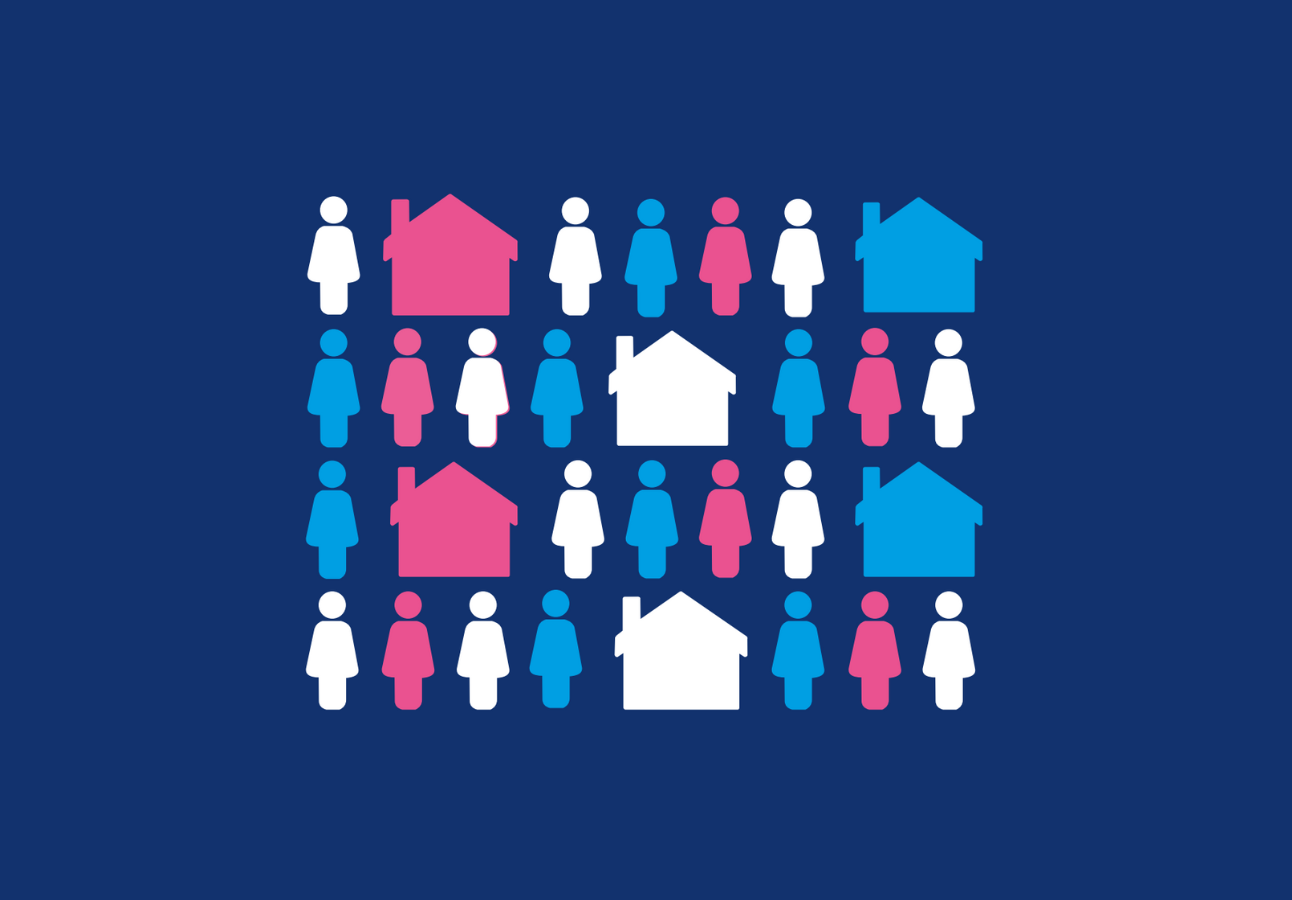
Imagine, then, that not only does a lack of safety at home relate to the front door and four walls you live behind, but it also relates to your status in the country. Today, we found out that Ministers and immigration leads in the Home Office are not willing to adopt the recommendations made by the Domestic Abuse Commissioner and specialist charities regarding the relationship between police and immigration enforcement, when it comes to domestic abuse cases. Charities such as Southall Black Sisters and Latin American Women’s Rights Service (LAWRS) had been calling for careful mechanisms and methods to prevent sensitive information leaking through from police reports of domestic abuse reports into immigration enforcement agencies. The worry – and current reality – is that disclosure to the police could translate into action taken not against the perpetrators of abuse, but against adult and child victims of abuse. Crucially, this is a barrier to individual victims and the services who support them feeling confident that being in touch with the police is a safe option.
This is part of more systemic concerns that many victim-survivors of domestic abuse in this country have. The draft Nationality and Borders Bill, about to go to the House of Lords for debate, contains provisions that would make it easier to remove someone’s citizenship, and remove them from the country that is their home. Just this week, the Justice Secretary has talked about changes he would like to see made to the Human Rights Act.
I worked at the Home Office for a decade. I saw for many years the intrinsic struggle between policies on immigration control (and the frustrations, in some instances, of not being able to remove harmful individuals from the country). I still refuse to believe that it’s beyond us to find a way to protect vulnerable people at risk of murder or serious harm. If we don’t do that, which domestic abuse victims can ever gain that sense of being ‘safe’ or of being ‘home’? Can my friend, colleague or neighbour who’s been here since the 1990s feel secure in having contact with the police about an abusive situation? Can my family, who arrived in the 1950s? The Windrush scandal has already ripped out the roots some people felt they had in this country. When we commonly agree the word ‘scandal’ applies to what happened, why are we continuing to make it more likely to happen again?
Being safe at home is a basic physical and psychological need. I deeply regret today’s decision and I hope that Peers who scrutinise Government legislation in the new year will recognise the right both to safety, and to a secure sense of being home.
